The BC Agricultural Climate Adaptation Research Network (BC ACARN) annual workshop December 7-9 was the network’s largest-ever workshop to date.
The fully virtual event attracted 338 attendees. The majority were from BC, but attendees also joined in from Ontario, Nova Scotia and the Northwest Territories as well as the US and Europe.
The provincial network was launched in 2017 to improve linkages and collaboration to address climate adaptation research and extension needs more effectively in the BC agriculture sector.
The workshops share knowledge on research and the tools available to support adaptation to climate change in the agriculture sector. They’re also an opportunity for participants to ask questions, discuss issues and network.
This year’s workshop presented research on climate change adaptation in berry and vegetable production through crop diversification and protection from extreme weather, pest management, soils degradation, nutrient management systems, and weather and climate monitoring.
Tools for producers such as reflective tarps for managing extreme heat, IPM field guides for fruit and vegetables and disease forecasting tools were presented.
A student research roundtable for agriculture students attracted presentations from UBC, Simon Fraser University, Thompson Rivers University, and University of Victoria on soils, irrigation, plant diseases, food systems and environmental services.
A special session addressed what an Indigenous worldview offers for agricultural research and adaptation.
Presentations were recorded for viewing and sharing and are available at [bcacarn.com].

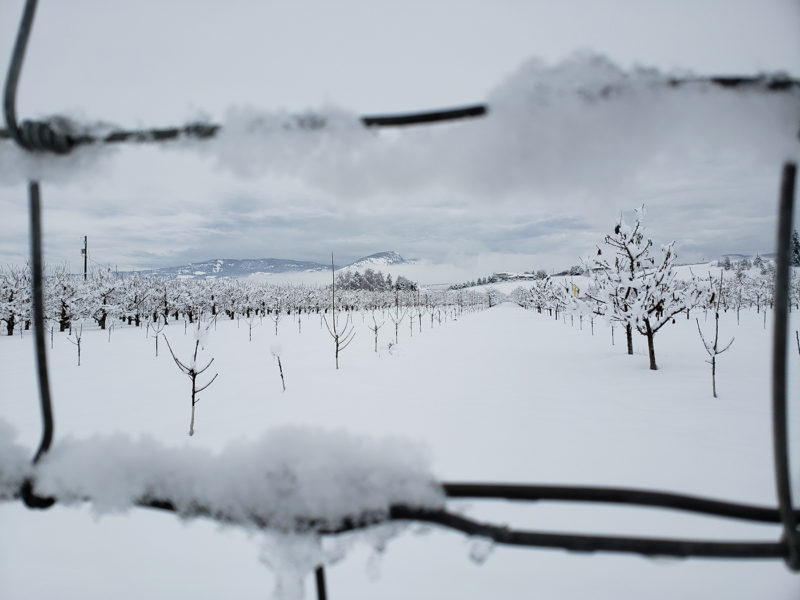
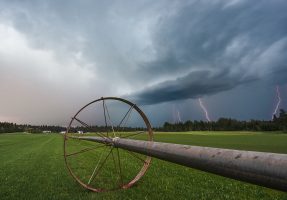
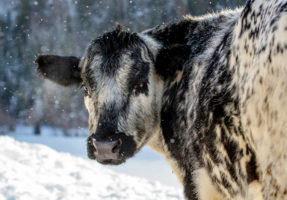
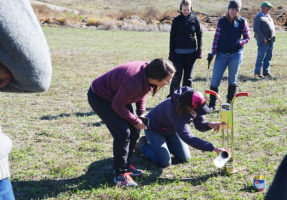
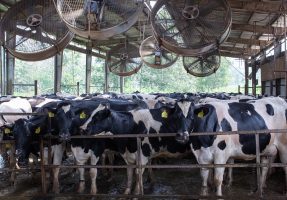
 Dairy raises US ire
Dairy raises US ire